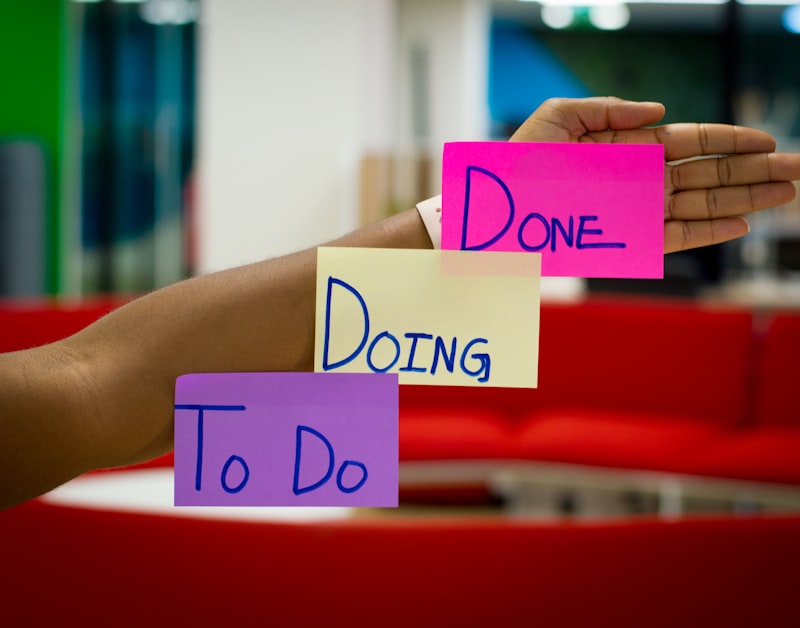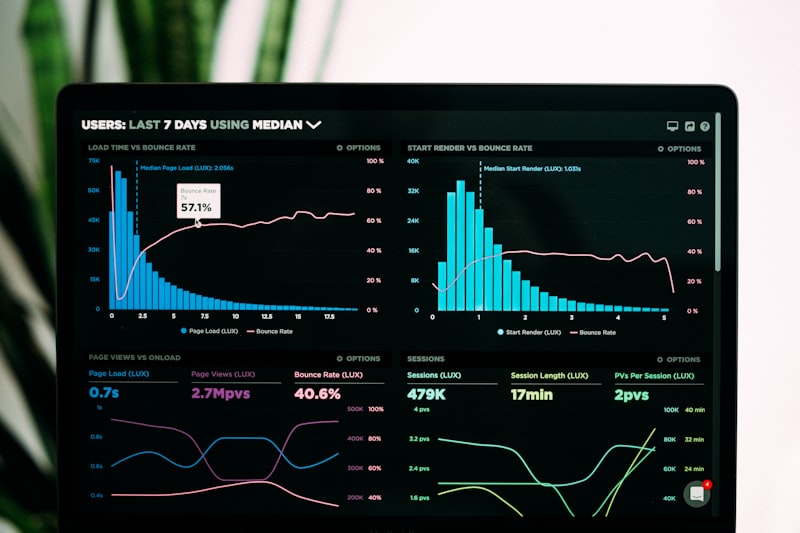Here's the brutal truth about personal productivity systems: 90% of them become digital graveyards within three months. You start with enthusiasm, build an elaborate system with color-coded tags and complex automations, and then abandon it when real life gets in the way.
The problem isn't Notion - it's that most people try to copy systems designed for other people's brains, work styles, and life situations. What works for a freelance designer won't work for a corporate lawyer. What works for someone with ADHD won't work for someone without it.
I've watched dozens of people build elaborate systems that become digital graveyards. The pattern is always the same - they copy someone else's beautiful setup without understanding why it works for that specific person's life.
Why Personal Systems Break Down
The Instagram Effect: Most Notion tutorials show you pristine workspaces with perfectly organized databases that look amazing in screenshots. But real productivity systems are messy, personal, and constantly evolving. When your system doesn't match the aesthetic ideal, you assume it's broken.
Template Trap: You download a beautiful template, spend hours customizing it, and then realize it doesn't match how you actually work. The template assumes you batch similar tasks, but you prefer context switching. It assumes you plan weekly, but you think daily. It assumes you love detailed project tracking, but you just need to remember deadlines.
Complexity Creep: You start simple, then add "just one more database" to track reading lists. Then another for habit tracking. Then automations between them. Soon you have a system so complex that maintaining it becomes work itself. The r/Notion community is full of people asking how to build productivity systems that won't overwhelm them - when the same question gets asked every fucking week, you know there's a problem.
Perfectionism Paralysis: You spend more time organizing your tasks than completing them. You debate whether something is a "project" or a "task" or an "area of focus" instead of just writing it down and doing it. I spent three weeks building the perfect GTD system with color-coded priorities and automated reminders. Used it for maybe a week, less than that? Hard to remember exactly when I gave up and went back to sticky notes like a caveman.
What Actually Works: The Personal Systems That Survive
I've watched people use Notion for years, and the ones who actually stick with it do a few things differently:
They start stupid simple: Three pages maximum. Home, Today, and Projects. Nothing else until those three are habit.
They match their natural rhythms: Morning people put planning pages first. Night owls put reflection pages first. Visual thinkers use more images and kanban views. List lovers use simple bullet points.
They accept messiness: Successful users don't stress about perfect categorization. They use tags inconsistently, mix personal and work stuff, and don't color-code everything. It works because they actually use it.
They solve actual problems: Instead of implementing productivity theory, they start with specific frustrations. "I forget to follow up with people." "I lose track of article links." "I can't remember what I accomplished last month."
The Four Types of Productivity System Users (And Why Most Advice Fails)
Most people fall into a few messy categories. Some hoard everything (like me with browser bookmarks - 2,847 and counting), others plan obsessively, some just react to whatever's on fire today. A few want the absolute minimum system possible.
Information Hoarders: You save articles, quotes, random ideas, screenshots of Twitter threads. Finding stuff later? That's the real challenge. Search and flexible tagging help more than perfect folder structures.
Planning Addicts: You love breaking projects down into subtasks and color-coding everything by priority. The problem hits when life doesn't follow your beautiful plan. Templates help, but they need to bend when reality kicks in.
Crisis Responders: You work best when responding to immediate needs and deadlines screaming at you. Long-term planning feels like theoretical bullshit. Simple capture that doesn't require thinking beats elaborate project hierarchies.
Keep-It-Simple Types: You want the absolute minimum that still works. Every new feature feels like bloat. The challenge is keeping it simple as life gets messier.
Most productivity content targets Planners because their systems look impressive and are easy to teach. But forcing a Collector into planning templates or making a Reactive person use project hierarchies is productivity sabotage.
This is why "best practices" guides usually fail - they assume universal approaches to inherently personal problems.
So What Should You Actually Build First?
Look, despite all this talk about personal differences, most people's productivity issues boil down to the same few frustrations. You forget to follow up with people? Build one database: Person, Topic, Next Action, Date. That's it. Use it for a month before you even think about adding anything else.
You lose interesting articles? One simple reading list with URL and title. Maybe add a "read/unread" status if you're feeling fancy. Don't build an elaborate content management system with 12 categories and automated tagging - you'll spend more time organizing than reading.
Can't remember what you accomplished? Daily notes page. Date at the top, bullet points of what happened. Takes 2 minutes at the end of each day. Skip the elaborate reflection templates and mood tracking.
Miss deadlines? Simple task list with due dates. Check it daily. That's literally it. Don't build a complex project management system with dependencies and Gantt charts unless you're actually managing complex projects.
Pick ONE of these problems. Build the dumbest possible solution that actually works. Use it consistently for a full month. Only then - and this is important - only then consider if you need anything else.
I learned this the hard way after building an elaborate system that tracked everything from workout logs to book recommendations. Twelve databases. Used two regularly. The rest just sat there judging me every time I opened Notion. Spent more time maintaining the system than using it. The breaking point came when I spent 3 hours on a Sunday reorganizing my "someday/maybe" projects database instead of working on any actual projects. Nuked the whole thing the next day and started over with just tasks and follow-ups. Now I start with one problem, solve it completely, and resist the urge to add "just one more feature" until I've proven I actually use what I built.
The Mobile Reality Check
The Notion mobile app is functional but clunky compared to desktop. Editing database properties on mobile makes you question your life choices. Design your personal system assuming 70% of your usage will be on desktop, 30% on mobile. This means:
Mobile-friendly actions: Quick note capture, checking due dates, marking tasks complete. Simple, fast operations.
Desktop-only actions: Complex database editing, template creation, system maintenance. Detailed work requiring precision.
Don't build a system that requires extensive mobile database editing unless you enjoy frustration. The offline mode they added in August 2025 helps with basic editing, but breaks in obvious ways - no AI, embeds, or advanced database features. Plus you have to manually download pages before going offline, which everyone forgets to do.
I learned this the hard way trying to update project notes during a 4-hour flight. Spent the first hour getting "Failed to sync changes" errors, then realized I had to pre-download pages. Couldn't access half my templates because they used AI features that don't work offline. By the time I landed, I had three conflicting versions of the same project notes and no idea which was current.
Your Personal System Audit
Before building anything new, answer these questions honestly:
- When do you typically do planning work? (Morning/evening/weekends/never)
- How do you naturally organize information? (Chronologically/by category/by priority/chaotically)
- What's your relationship with long-term planning? (Love it/tolerate it/avoid it/actively resist)
- How detailed do you like your tracking? (Everything/just important stuff/minimal/resist tracking)
- What's your biggest productivity frustration right now? (Be specific, not "I'm disorganized")
Your answers determine whether you need elaborate project hierarchies or simple capture systems, whether you need automated reminders or manual reviews, whether you need detailed analytics or basic completion tracking.
The most important insight: Your personal productivity system should feel like an extension of how you naturally think, not a training program to change your thinking. Work with your brain, not against it.
The official Notion docs will tell you how features work. What they won't tell you is that I've watched dozens of people try the 'recommended' approaches and fail because they don't match how real brains actually work. Your weird system that gets used beats their perfect system that gets abandoned.









